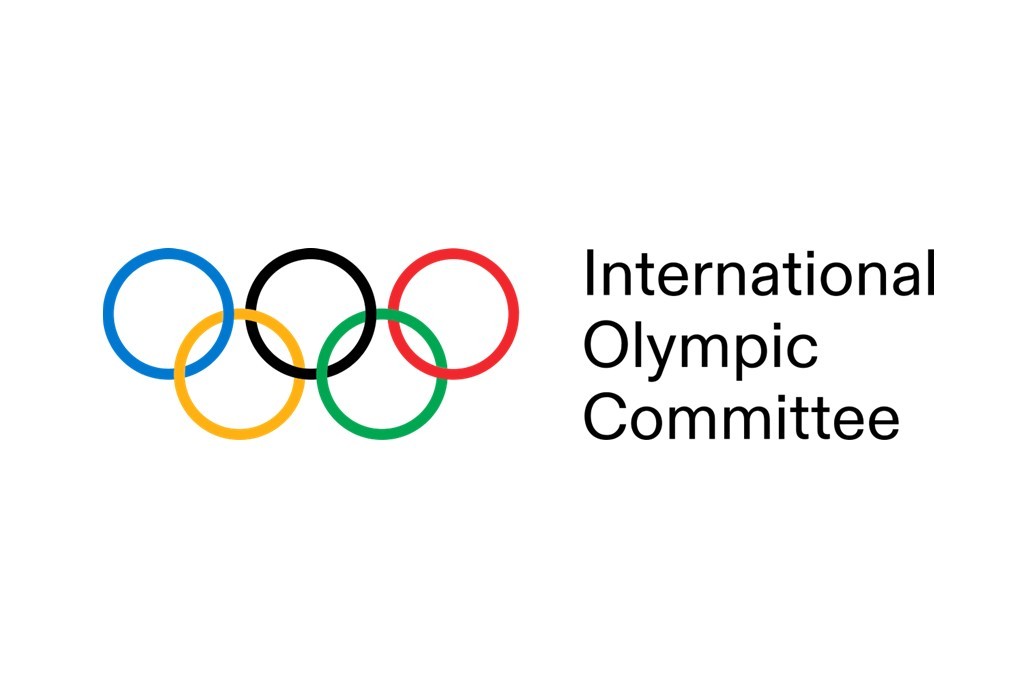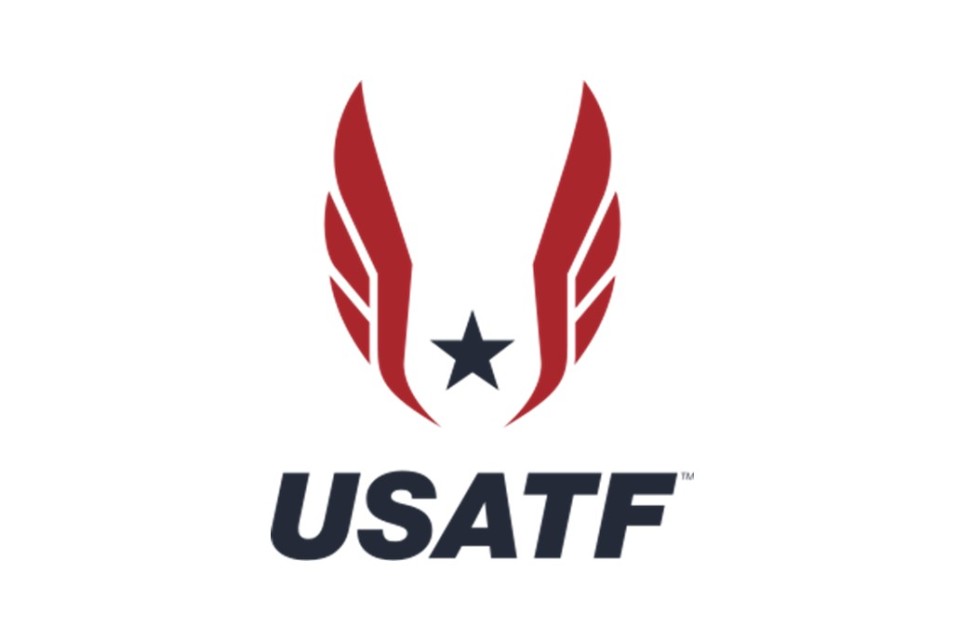Fri, June 27, 2025
IOC to take over gender eligibility criteria previously managed by international federations

The new leader of the International Olympic Committee, Kirsty Coventry, has announced that the committee will take over responsibility of gender eligibility criteria, acknowledging concerns about leaving the issue solely to international federations (IFs).
Coventry, a seven-time Olympic medalist swimmer, is the first woman and first African president of the IOC and wants to “protect the female category.” In her election campaign, Coventry argued that a blanket ban should be placed on transgender women participating in the Games. She has pledged to take a “scientific approach” to the issue.
As a result, Coventry has established a working group to spearhead gender eligibility discussions. This is almost a pioneering move from the IOC because in the past it has failed to declare a universal rule on transgender participation in the Olympics and urged international federations in 2021 to independently issue their own regulations.
Currently, transgender athletes can compete in the Games. Several international federations have implemented transgender regulations but there is no universal rule at the moment. The IOC states: “The IOC supports the participation of any athlete who has qualified and met the eligibility criteria to compete in the Olympic Games as established by their IF. The IOC will not discriminate against an athlete who has qualified through their IF, on the basis of their gender identity and/or sex characteristics.”
The IOC was enveloped in controversy at the 2024 Paris Games after Algeria's Imane Khelif won the women's welterweight boxing gold medal. This was controversial because the International Boxing Association (IBA) had disqualified her from the World Championships after allegedly failing a gender eligibility test. The IOC said athletes were able to participate in the women's division if their passports said they were female.
Now, however, Coventry voiced that the IOC will “set up a working group made up of experts and international federations.”
She continued: “It was agreed by the members that the IOC should take a leading role in this and that we should be the ones to bring together the experts, bring together the international federations and ensure that we find consensus…
We understand that there will be differences depending on the sports. We should make the effort to place emphasis on the protection of the female category and that we should ensure that this is done in consensus with all the stakeholders.”
Recently, World Boxing announced that compulsory sex testing would be introduced in July “to ensure the safety of all participants and deliver a competitive level playing field for men and women.” Additionally, World Athletics has approved swab testing to determine if an athlete is biologically female and therefore eligible for the women’s category. Furthermore, Donald Trump signed an executive order that prevents transgender women from competing in female categories of sports within the U.S.
Now, it is expected that Coventry will ban transgender athletes and athletes with a Difference of Sex Development (DSD) from the female category. However, Coventry also voiced that there would be no changes to results of previous Olympics and competitions.
Furthermore, Coventry has created a second working group to review the election process for future Olympic host cities. She stated: “Members want to be engaged more in the process [of Olympic host selection] and secondly there was a very big discussion in and around when should the next host be awarded.” The IOC has reported “double-digit” interest for the 2036 Games from countries including India, Saudi Arabia, Qatar, Germany, Indonesia and Turkey, as reported by Reuters.



